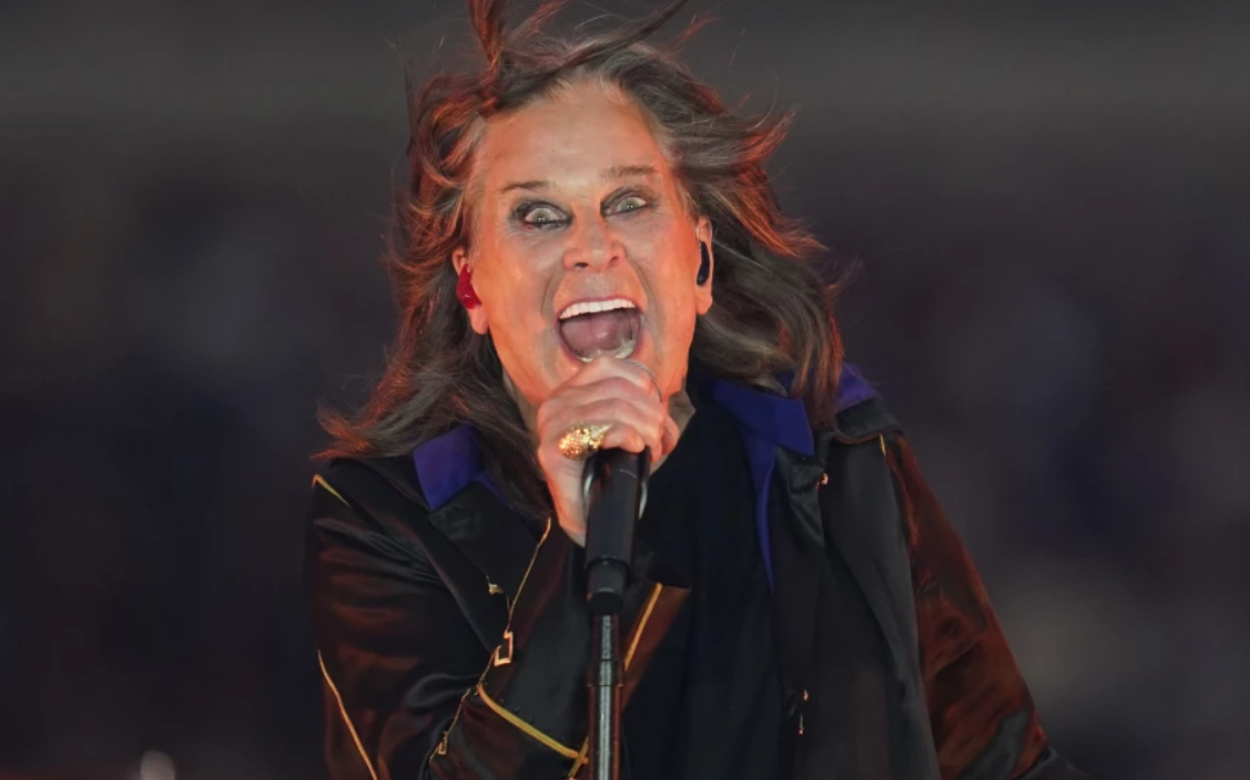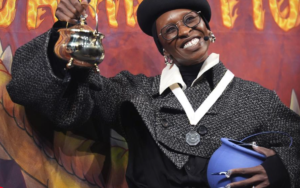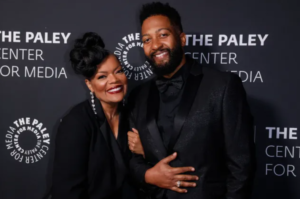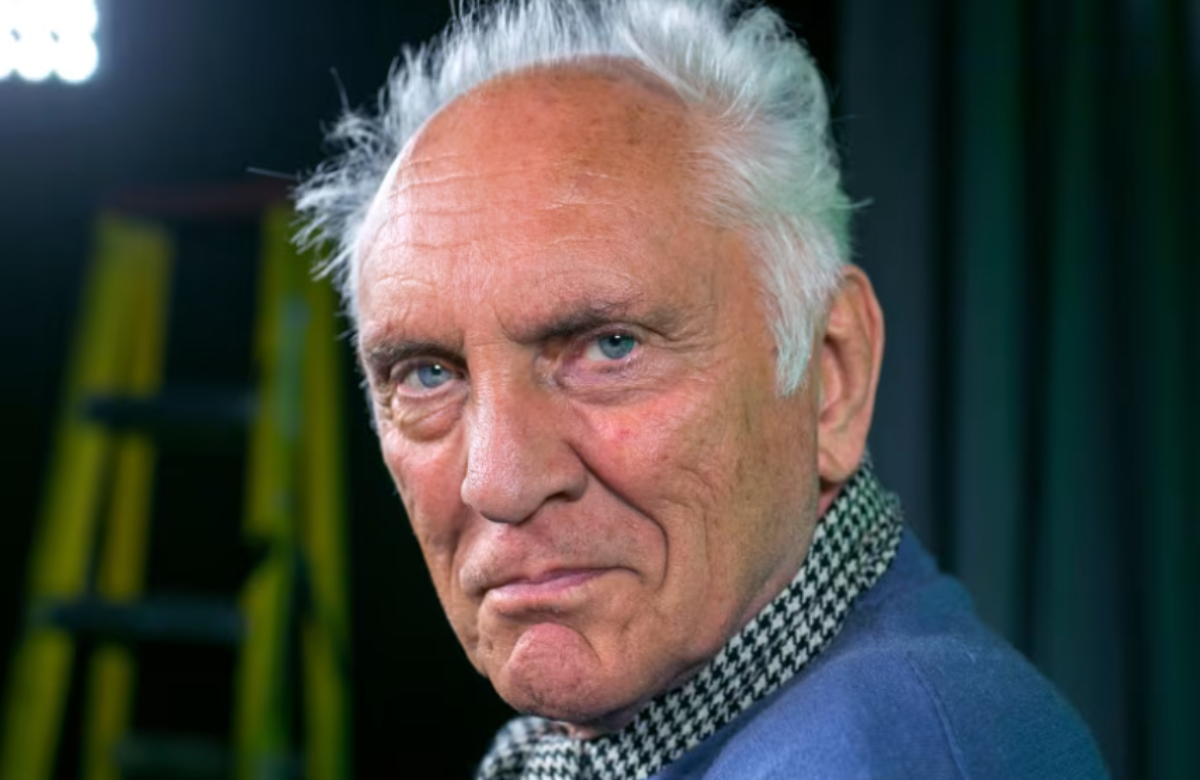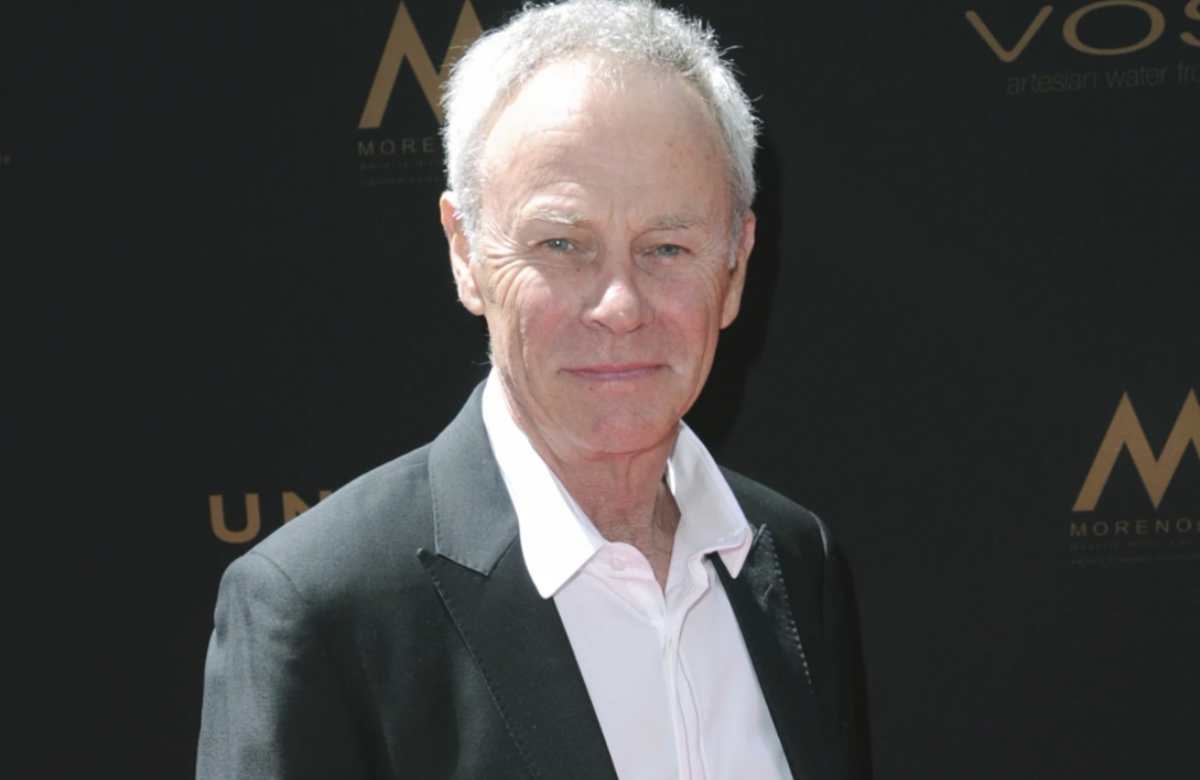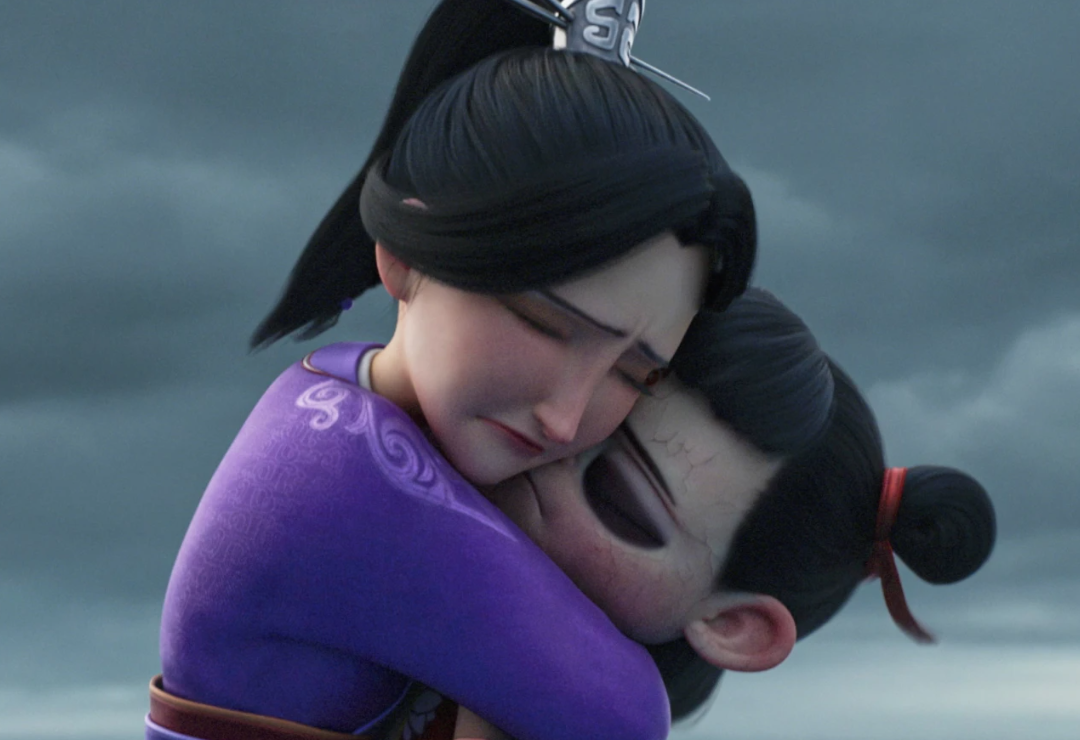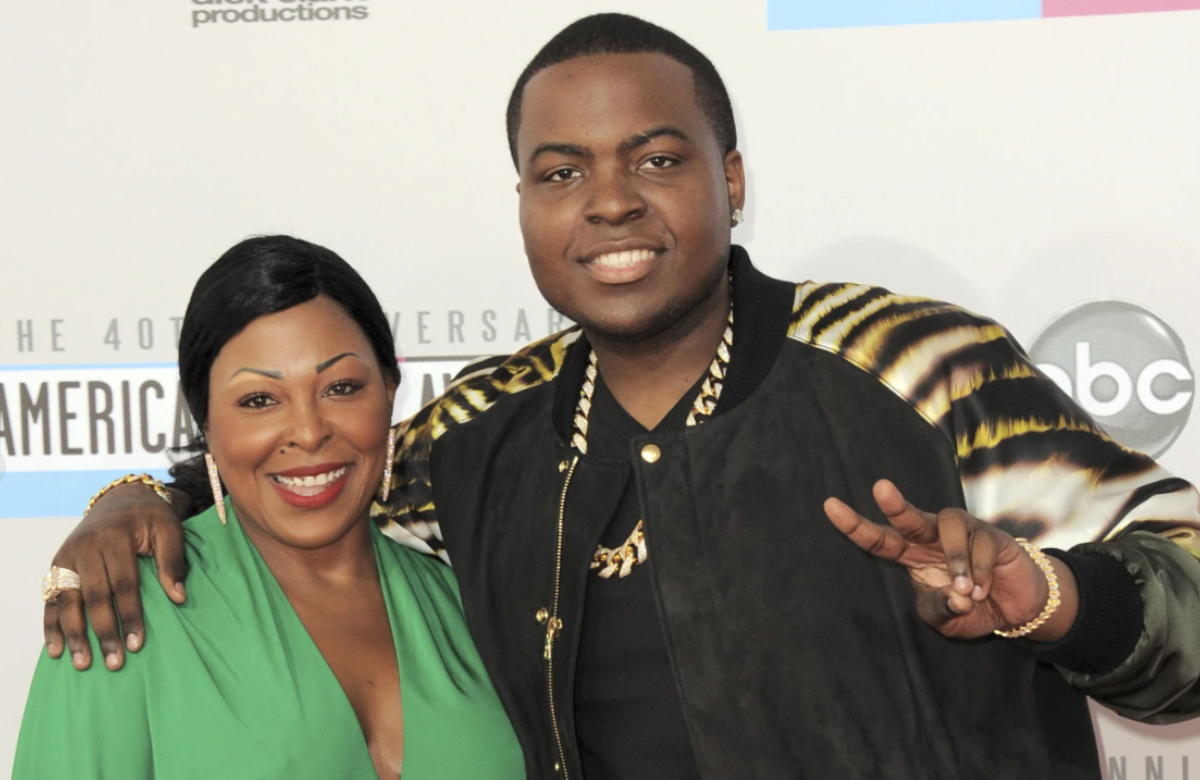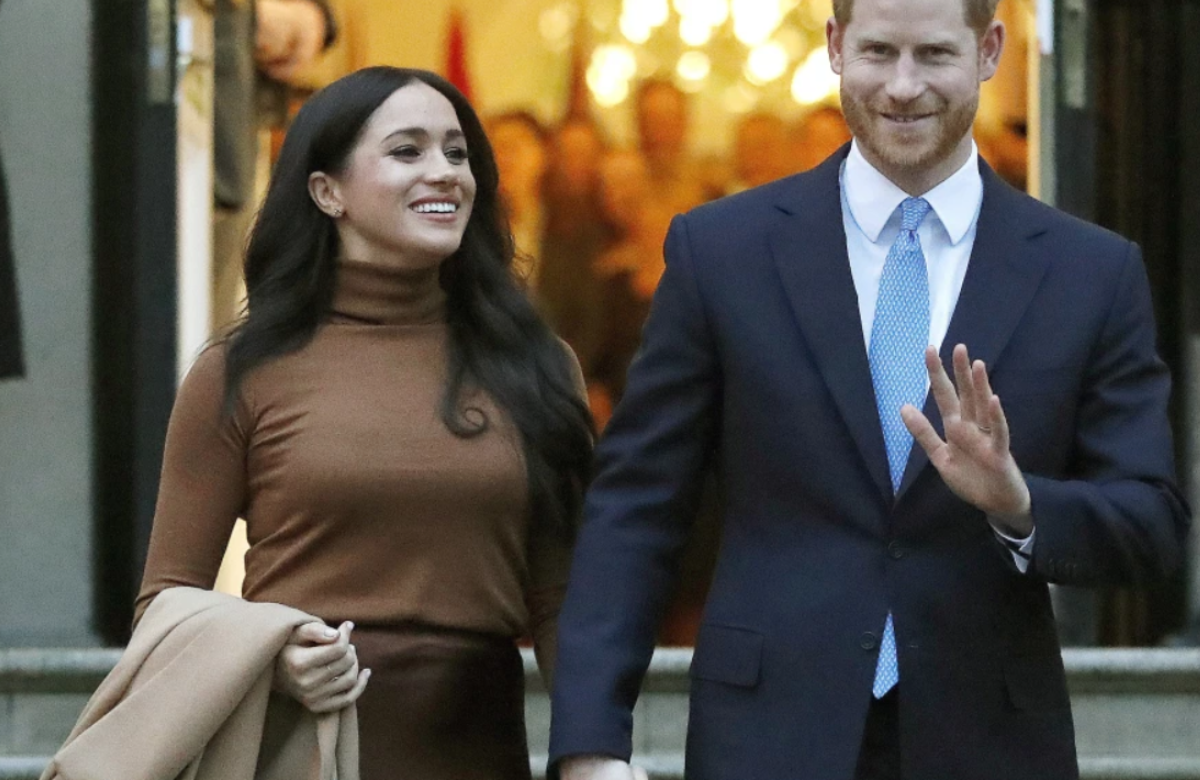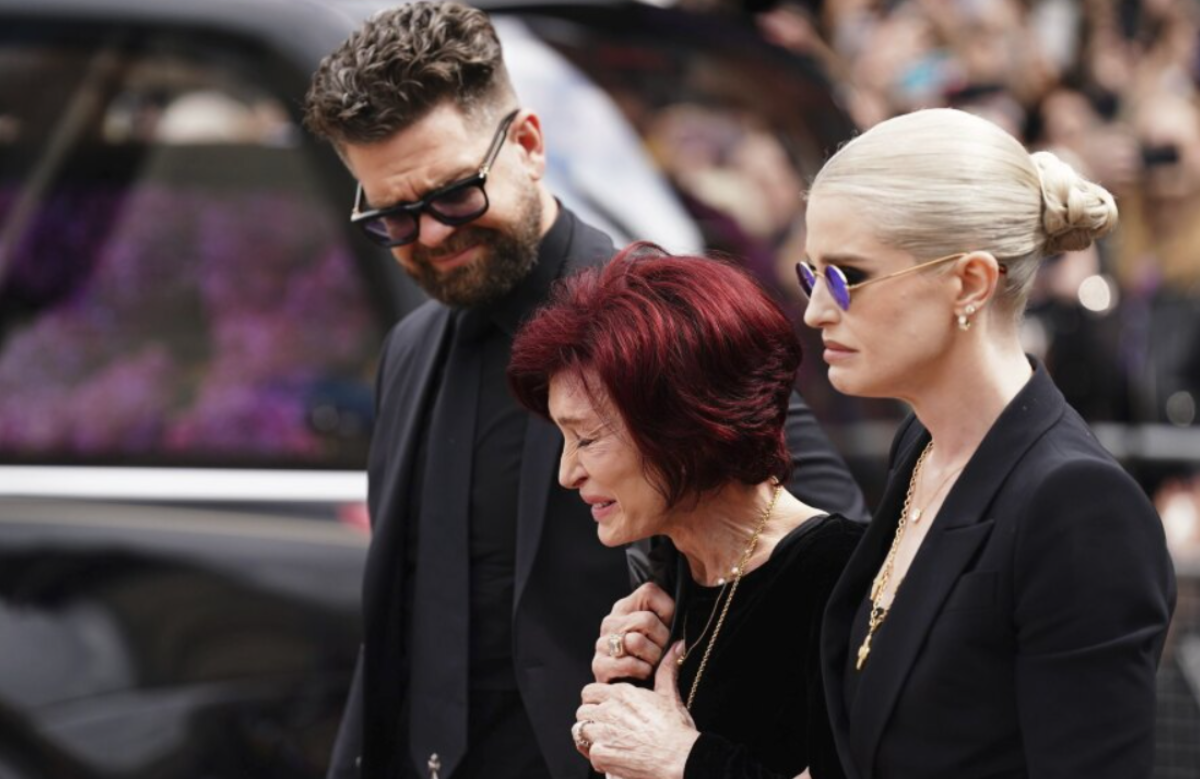Ozzy Osbourne, the gravel-voiced lead singer of Black Sabbath and a central figure in the birth and evolution of heavy metal, died Tuesday at age 76, just weeks after performing his farewell concert.
A statement from his family read: “It is with more sadness than mere words can convey that we have to report that our beloved Ozzy Osbourne has passed away this morning. He was with his family and surrounded by love. We ask everyone to respect our family privacy at this time.” In 2020, Osbourne had revealed he was living with Parkinson’s disease following a serious fall.
Known for his haunting vocals and wild persona, Osbourne helped shape the sound of a generation. Clad in black or shirtless, he was often condemned by parent groups for his controversial imagery—most famously for biting the head off a bat on stage. Yet later in life, he charmed audiences as a loving, if eccentric, father on MTV’s reality show The Osbournes.
Black Sabbath’s self-titled 1969 debut is widely seen as the genesis of heavy metal. Released in the midst of the Vietnam War, it brought a darker, heavier sound to rock that contrasted sharply with the era’s prevailing hippie vibe. Their second record, Paranoid, solidified their place in music history with tracks like “War Pigs,” “Iron Man,” and “Fairies Wear Boots.” Though “Paranoid” only reached No. 61 on the Billboard charts, it became one of their most iconic songs. Both albums regularly appear on lists of the greatest metal albums ever made.
“Sabbath are like the Beatles of heavy metal,” guitarist Dave Navarro once said. “Everything in metal traces back to them.”
Osbourne was fired from Black Sabbath in 1979, largely due to his spiraling substance use and unreliability. Bassist Geezer Butler later wrote in his memoir that letting him go was painful but necessary. Osbourne rebounded quickly, launching a successful solo career with Blizzard of Ozz and Diary of a Madman, which went multi-platinum and produced hits like “Crazy Train” and “Flying High Again.”
Over his solo career, he was twice inducted into the Rock & Roll Hall of Fame—once with Black Sabbath in 2006 and again as a solo artist in 2024.
In July 2025, the original Black Sabbath lineup reunited in the U.K. for Osbourne’s final concert, where he declared, “Let the madness begin!” before a crowd of 42,000. The all-star celebration included performances from Metallica, Guns N’ Roses, Slayer, Tool, and others. Appearances were made by Tom Morello, Steven Tyler, Billy Corgan, Jason Momoa (as host), and more.
Pantera frontman Phil Anselmo summed up the mood: “Black Sabbath: we’d all be different people without them. I wouldn’t be here with a mic in my hand if not for Sabbath.”
Osbourne’s legacy also includes the wild antics that made headlines throughout his life: urinating on the Alamo, snorting ants, and the infamous bat-biting incident—an accident, he claimed, as he thought it was a rubber prop.
In 1987, he faced a lawsuit from parents of a teen who died by suicide while listening to “Suicide Solution.” The suit was later dismissed, with Osbourne explaining the song was a cautionary tale about alcohol abuse, inspired by the death of AC/DC singer Bon Scott.
Religious leaders also took aim at him. In 1990, Cardinal John J. O’Connor accused his music of promoting demonic possession. Osbourne responded publicly, saying the songs were misunderstood and accusing the cardinal of insulting fans’ intelligence.
Despite his shocking antics, Osbourne often ended shows with a heartfelt “God bless.” In 1996, after being denied a spot on Lollapalooza, he created Ozzfest, which went on to showcase heavyweights like Slipknot, System of a Down, and Linkin Park.
His look remained largely unchanged: long dark hair, round sunglasses, black clothing, and a signature cross necklace. In 2013, he reunited with Black Sabbath to release 13, a raw and heavy album that topped U.K. charts. In 2019, he found a new audience through a collaboration with Post Malone on the hit “Take What You Want.”
He followed that with Ordinary Man in 2020, featuring a duet with Elton John, and in 2022 released Patient Number 9, which brought him his first back-to-back No. 1 rock radio hits and earned four Grammy nominations. Guest artists included Jeff Beck, Eric Clapton, and members of Metallica, Pearl Jam, and Guns N’ Roses.
During his 2024 solo Hall of Fame induction, actor Jack Black described him as “the greatest frontman in the history of rock and roll” and “the Jack Nicholson of rock.” Osbourne thanked his fans, late guitarist Randy Rhoads, and wife Sharon.
Born John Michael Osbourne in Birmingham, England, he got the nickname Ozzy at school. He grew up listening to the Beatles, Chuck Berry, and Little Richard, and was inspired by how close Liverpool felt to his hometown. “It made it feel possible,” he said.
In the late ’60s, he formed a band with Tony Iommi, Geezer Butler, and Bill Ward, originally called Polka Tulk Blues Band. After a brief stint as Earth, they renamed themselves Black Sabbath, taking inspiration from a Boris Karloff horror film.
Their early albums—Paranoid, Master of Reality, Vol. 4, and Sabbath Bloody Sabbath—were defined by heavy guitar riffs, unpredictable rhythms, and dark lyrics about alienation and doom. “People think I’m insane because I am frowning all the time,” he once sang.
A 2009 piece in The Guardian credited the band with injecting working-class anger and horror-inspired themes into the peace-and-love culture of the 1960s, helping end the flower-power era alongside events like Altamont and the Manson murders.
As a solo artist, Osbourne had a gift for discovering brilliant guitarists. Randy Rhoads, who played on Blizzard of Ozz, died tragically in a 1982 plane crash. Osbourne honored him with the live album Tribute in 1987. He later worked with Jake E. Lee on Bark at the Moon and The Ultimate Sin, and with Zakk Wylde on No Rest for the Wicked and No More Tears.
Over the years, Osbourne remained unafraid of controversy. After televangelist Jimmy Swaggart denounced his music as “the new pornography,” Osbourne retaliated with the 1988 track “Miracle Man,” mocking Swaggart’s subsequent scandal.
In the 2000s, Osbourne revealed a different side through The Osbournes, where he struggled with remote controls and warned his children about drinking. He later teamed up with son Jack for the travel series Ozzy & Jack’s World Detour.
In 2014, scientists named a batlike Amazonian frog Dendropsophus ozzyi in his honor. He once shared a surreal encounter with Queen Elizabeth II, recalling her laughing after seeing him and Cliff Richard together during the Golden Jubilee: “I thought Sharon had slipped acid in my cornflakes,” he joked.
Osbourne’s first marriage was to Thelma Riley, with whom he had two children, Jessica and Louis. He later met Sharon Arden, who became his manager and wife. Together they had three children—Kelly, Aimee, and Jack—and remained married despite ups and downs.
He is survived by Sharon and their children.
Also Read:
Norwegian Writer Ingvar Ambjørnsen Passes Away at 69
‘Papa Jake’ Larson, D-Day Veteran and TikTok Sensation, Passes Away at 102
